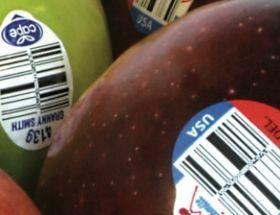
The Center for Food Safety (CFS) in the US has reportedly criticized the final ruling on Country of Origin Labeling (COOL), citing the programme includes loopholes which will leave consumers uninformed about the origins of many common foods, according to a report by Food Navigator USA.
Initially, the USDA proposed to require cooked foods to carry COOL labels, but these will now be exempt under the final ruling, with the USDA classifying cooked foods as processed food items.
The exemption also applies to canned, marinated, extruded, roasted and cured foods as well as to mixed foods, such as a bag of frozen peas and carrots, or salads which contain a packet of dressing.
“We are deeply concerned about the exceptions to the new COOL ruling,” said CFS policy analyst Jaydee Hanson. “It contains several huge loopholes which end up either misleading consumers or leaving them shamefully uninformed about the origins of their food.
“Unfortunately, COOL will have little meaningful impact on food decision-making if so few food products and retailers are actually required to participate,” Mr Hanson added. “Americans support country of origin labeling because they want to know where their food comes from, and we believe the labeling rule should be applied as broadly as possible wherever food is purchased.”
The rule requires COOL labels for beef, chicken, pork, lamb, goat, wild and farm-raised fish, perishable agricultural commodities, ginseng, macadamias, pecans and peanuts, but in addition to mixed and processed foods, the system does not cover food service outlets, such as restaurants and cafés.
The CFS claims this is a major flaw in the system, because so much of the food US consumers buy is for consumption outside of the home. According to the Bureau of Labor Statistics, the foodservice sector represented 43.5 per cent of US food expenditure in 2007.
The final COOL rule comes into effect on 16 March 2009.






No comments yet